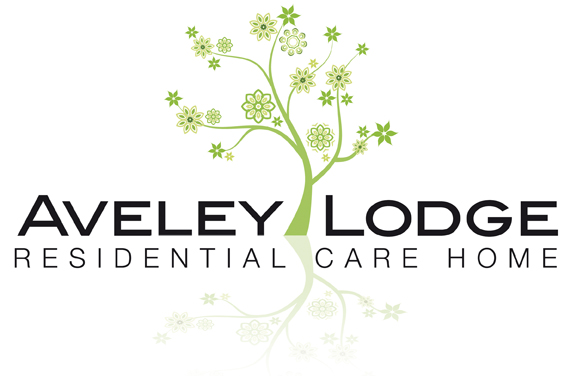Care of the eyes and coping with sight loss
It is estimated that more than two million people in the UK suffer from significant sight loss and the majority of these are elderly.
According to Age UK “The leading causes of sight loss in the UK are uncorrected refractive error, age-related macular degeneration, cataract, glaucoma and diabetic retinopathy”. While some conditions cannot be cured, others can, and opticians can help with providing the correct glasses ensuring people can see as well as possible with their conditions. It is important, therefore, to have regular eye tests at least every two years, or once a year if your optician recommends it.
Conditions like age-related macular degeneration and the damage to peripheral vision caused by glaucoma cannot be cured. However, it may be possible to slow down their development by stopping smoking, eating lots of vegetables and fruits, especially dark green leafy vegetables and taking, with your doctor’s approval, supplements with zinc, copper and antioxidant vitamins.
A cataract is the gradual clouding over of the normally clear lens of the eye, which can be corrected by surgery.
There are other ways to help people cope with deteriorating vision. They include improving lighting in the home, particularly using lamps for reading, illuminating stairs, especially top and bottom steps and installing night lights in key places. Reducing glare is important as well. Installing blinds or shades on windows in the house and wearing anti-glare sunglasses and visors outdoors will be beneficial.
Using contrasting colours for things like crockery, kitchen ware and towels to make them easier to locate and keeping living space clear of obstacles and trip hazards are also important. Useful aids to vision include magnifiers and pen lights for reading, and “talking” clocks, calculators, watches, navigation tools and books. Telephones with large buttons and computers with magnified type can also help. When a visually impaired person is out and about a walking stick is useful and for the totally bling a white cane will alert other people to their situation.
There are many voluntary organisations that can help and perhaps the best-known in the UK is the RNIB (Royal National Institute for the Blind) whose website contains a great deal of useful information for those helping to care for someone with vision loss.



